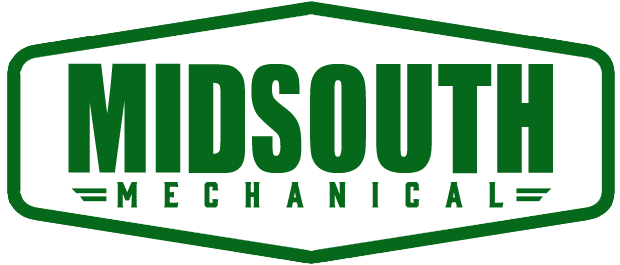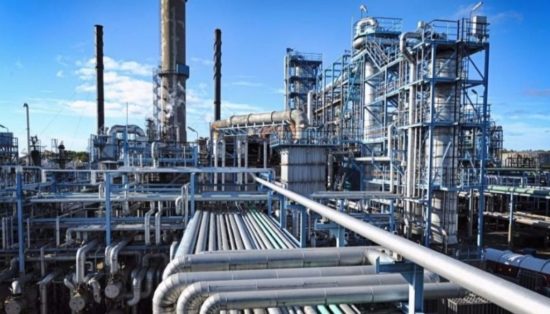What is process piping?
Process piping is used to convert liquids, chemicals and fuels into a usable product. Pipes directing water through an industrial factory wouldn’t be considered process piping but if the raw materials move onto other parts of their processing where they’re converted into cleaning agents or combined with others for end products then these sections would fall under this heading as well.
Process piping is any pipes and components that are not part of the building’s mechanical systems. Pipe systems for liquids or gases, used in heating processes like boilers and cooling channels would be considered process piping systems; however, if you were to think about it technically speaking these pipework leads to plumbing fixtures -waste water treatment plants, etc…they aren’t involved with power processing at all.
Process piping typically consists of interconnected piping systems such as tubing, pipes, pressure hoses, valves, separators, traps, flanges, fittings, gaskets, strainers and other components. These piping components can be joined together to move, mix, separate, stop, distribute or control the flow of fluids. Process piping is widely used in the semiconductor, chemical, paper processing, petroleum refinery, pharmaceutical and textile industries.
Our certified pipe welders and pipe fitters are the best in the business. Certifications include stainless, sanitary stainless and carbon pipe. Midsouth Mechanical is an ISNetworld Approved mechanical contractor servicing industrial plants.
Our team is here to help.
Contact a project manager today!


